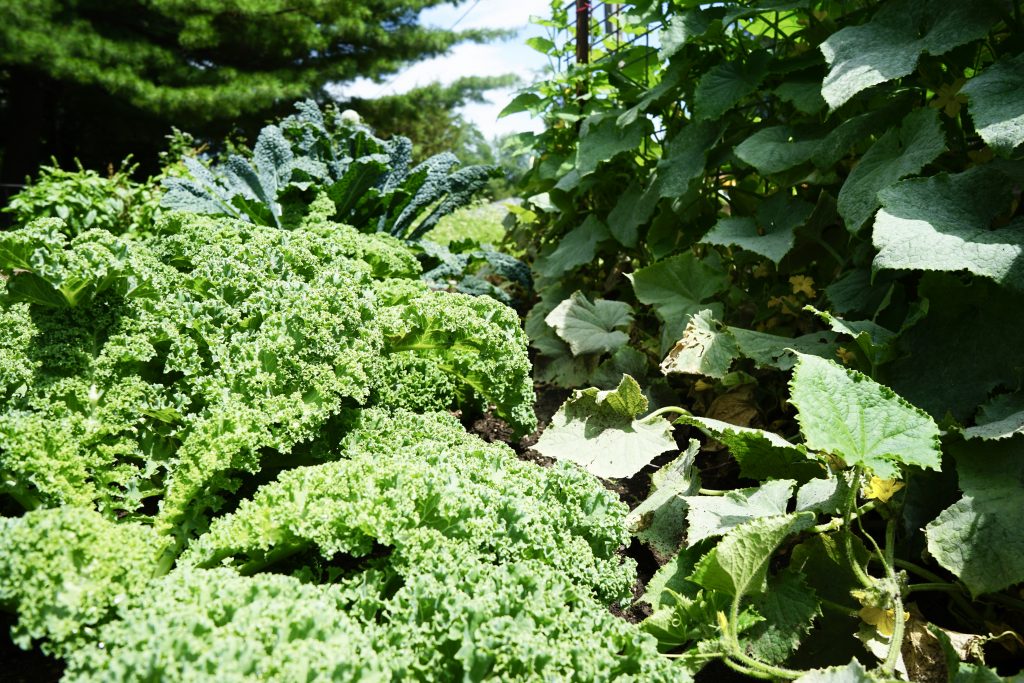
Most individuals do not get enough fiber. In fact, when people start looking into how much fiber to get and which type, they shut down. There is a lot to know about it, but you don’t have to over complicate it. Just make sure you get a variety of veggies, legumes/grains, and nuts.
Fiber leaves your stomach undigested and ends up in your colon where it helps create healthy gut material which leads to good results. In addition, certain types of fiber also promote weight-loss, lower triglycerides and fights constipation. The right type of fiber can help lower bad cholesterol. Also, fiber can reduce your risk for colon cancer.
It is recommended that men get 38 grams of fiber, and women get 25 grams. However, most people only get half or less of this amount.
It’s important to get a variety of fiber. There are no simple rules, therefore, variety is key. For example, many believe that all soluble fiber will lower cholesterol and regulate blood sugar, while insoluble fiber keeps you regular. However, not all soluble fiber affect cholesterol.
Common thinking has been that soluble fiber, typically found in oats and in legumes like peas and lentils, helps lower cholesterol and regulate blood sugar, while insoluble fiber, found in wheat bran, fruit, and vegetables, helps keep you regular.
In addition, to eating a lot of fruits and veggies, add in grains. Wheat, oats, rye, barley, millet and buckwheat help. Also, nuts and legumes and seeds are great. Here are a few foods to try to increase your fiber intake:
Fruits –
- Pears
- Strawberries
- Avocado
- Apples
- Berries – blueberries, blackberries and raspberries
- Bananas
Veggies –
- Carrots
- Beets
- Broccoli
- Artichoke
- Brussel Sprouts
- Kale/Spinach
- Tomatoes
- Sweet Potatoes
Grains/Legumes
- Lentils
- Beans, kidney beans
- Split Peas
- Chickpeas
- Black beans
- Edamame
- Lima beans
- Quinoa
- Oats
- Popcorn
- Whole grains
Nuts
- Almonds
- Chia Seeds
- Pistachios
- Walnuts
- Sunflower seeds
- Pumpkin seeds
